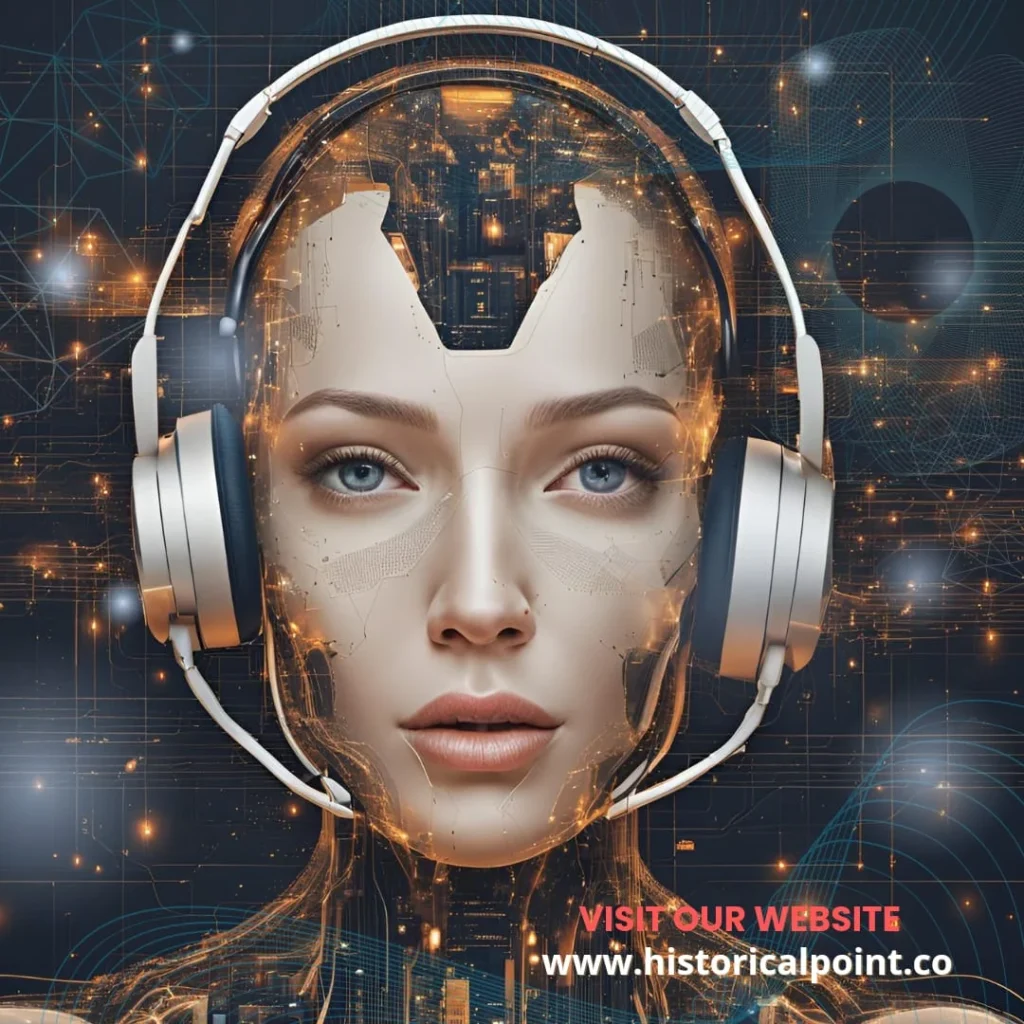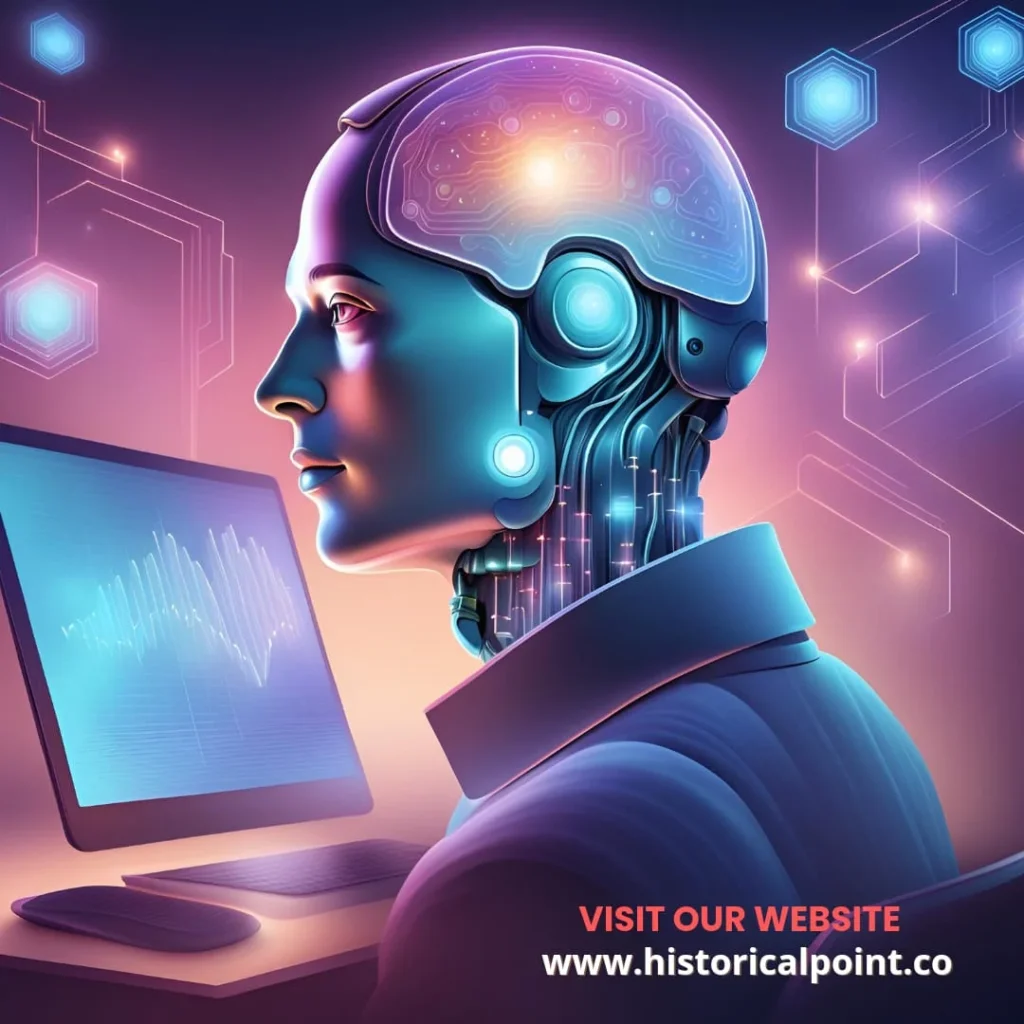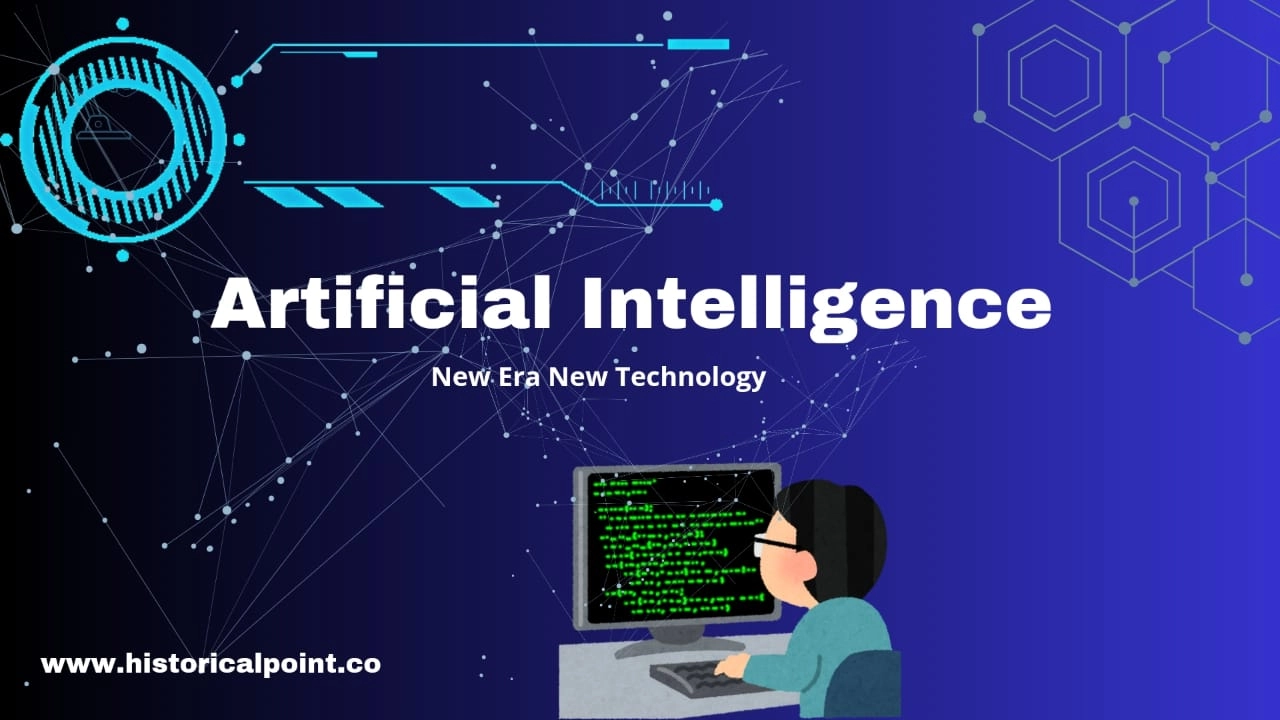Discover the power of AI voice generator tools transforming communication with lifelike speech synthesis and multilingual support. Explore how AI voice generators enhance user engagement and accessibility globally. Here is the detailed overview of Power of AI voice generator tools that have emerged as groundbreaking technologies. AI voice generator tools, which leverage advanced machine learning and natural language processing (NLP) techniques, can create realistic and human-like speech from text inputs. They are rapidly gaining traction across various industries, providing numerous applications that enhance productivity, accessibility, and user experience.
Understanding AI Voice Generators
AI voice generators, also referred to as text-to-speech (TTS) systems, harness the power of AI to convert written text into spoken words. These tools utilize sophisticated deep learning algorithms to meticulously analyze text, resulting in speech that faithfully replicates human intonation, rhythm, and cadence. The remarkable capability of modern AI voice generators lies in their capacity to produce voices that are not only highly realistic but also imbued with emotional nuances and natural-sounding speech patterns. This exemplifies the power of AI voice technology in enhancing communication, accessibility, and user interaction across various applications.
The technology behind AI voice generators involves several key components that are listed below:
- Text Processing: Initially, AI voice generators analyze the input text using advanced natural language processing (NLP) techniques. This step ensures that the context and meaning of the text are understood, allowing for accurate speech synthesis.
- Speech Synthesis: Subsequently, using deep learning algorithms such as recurrent neural networks (RNNs) or transformer models, AI voice generators generate speech from the processed text. These algorithms analyze linguistic features and generate speech that mimics human intonation, rhythm, and cadence.
- Voice Customization: Moreover, many AI voice generators offer options to customize voice characteristics such as pitch, speed, and emotional tone. This customization allows users to create voices tailored to specific applications or preferences. Also, we can use this AI voice to copy the voice of famous Turkish actor Engin Altan who is the leading character of Ertugrul ghazi series.
- Naturalness Enhancement: Additionally, continuous improvement in AI voice generators focuses on enhancing naturalness and realism. This includes adding emotional nuances and maintaining a natural flow of speech, making the generated voices more lifelike.
- Multilingual Support: Finally, advanced AI voice generators support multiple languages, facilitating global accessibility and communication across diverse linguistic backgrounds.

Applications of AI Voice Generators
The versatility of AI voice generator tools makes them valuable across a wide range of industries. Here are some prominent applications:
1. Accessibility
Additionally, AI voice generators play a crucial role in enhancing accessibility for individuals with visual impairments or reading disabilities. By converting text into speech, these tools enable seamless access to written content, encompassing books, websites, and documents. Screen readers powered by AI voice generators provide a seamless reading experience, thereby empowering visually impaired individuals to navigate the digital world independently.
2. Customer Service
In the realm of customer service, AI voice generators are transforming how businesses interact with customers. Virtual assistants and chatbots equipped with TTS capabilities can handle customer inquiries, provide information, and guide users through processes. Furthermore, these AI-driven solutions offer 24/7 support, reduce wait times, and improve overall customer satisfaction.
3. Content Creation
Moreover, content creators, including podcasters, YouTubers, and e-learning developers, are leveraging AI voice generators to streamline their workflows. These tools enable the production of high-quality voiceovers without the need for professional voice actors. Consequently, AI-generated voices can effectively narrate videos, audiobooks, and educational materials, saving time and resources while maintaining a professional standard.
4. Gaming and Entertainment
In the gaming industry, AI voice generators are being used to create dynamic and interactive experiences. Non-player characters (NPCs) can be given distinct voices that respond to player actions in real time. This adds a layer of immersion and realism to games, enhancing the overall gaming experience. Similarly, AI-generated voices are being utilized in animations and virtual reality (VR) environments.
5. Language Learning
Language learning platforms are incorporating AI voice generators to provide learners with accurate pronunciations and interactive practice. These tools can simulate native speakers, allowing learners to improve their speaking and listening skills. Additionally, AI voice generators can be used to create multilingual content, making educational resources accessible to a global audience.

Advantages of AI Voice Generators
The adoption of AI voice generator tools offers several significant advantages:
1. Cost-Effective
AI voice generators eliminate the need for hiring voice actors for various applications. This cost-effective solution is particularly beneficial for small businesses and independent content creators who may have limited budgets. The ability to generate high-quality speech without incurring substantial costs makes these tools accessible to a wider audience.
2. Time-Saving
The power of AI voice generators becomes evident when comparing them to traditional voice recording processes. These AI tools expedite content creation by generating ready-to-use speech quickly, bypassing the time-consuming aspects of multiple takes and extensive post-production editing. This efficiency is invaluable for meeting tight project deadlines, facilitating faster content delivery across various applications.
3. Consistency
The power of AI voice generators is particularly evident in their ability to maintain consistency in voice recordings, a challenge often encountered in long-term projects. Unlike human performers, AI voice generators ensure uniform quality and tone across all recordings, thereby eliminating variations that could affect branding and professional communication. This consistency not only enhances the overall quality of content but also contributes to a seamless and cohesive user experience across diverse applications.
4. Multilingual Support
The power of AI voice generators is exemplified by their support for multiple languages, which enables businesses to effectively reach a global audience. This multilingual capability is crucial for companies operating in diverse markets and for content creators aiming to expand their reach internationally. AI-generated voices can deliver content in various languages with native-like fluency, enhancing accessibility and engagement across different linguistic backgrounds.
Challenges and Considerations
While AI voice generators offer numerous benefits, there are also challenges and ethical considerations to address:
1. Quality and Realism
Despite significant advancements, AI-generated voices may still lack the full range of human emotions and subtle nuances. Consequently, ensuring that AI voices sound entirely natural and expressive remains an ongoing challenge. Continuous research and development are, therefore, essential to bridge this gap and achieve even higher levels of realism.
2. Ethical Concerns
The potential misuse of AI voice generators raises significant ethical concerns. Given the power of AI voice technology, these tools can be exploited to create convincing deepfake audio, leading to misinformation and privacy violations. Consequently, it is crucial to establish stringent regulations and guidelines to prevent malicious use and protect individuals from potential harm. Moreover, proactive measures and clear ethical standards will be essential in ensuring that the powerful capabilities of AI voice generators are used responsibly and for the benefit of society.
3. User Acceptance
Additionally, some users may prefer human voices over AI-generated ones, particularly in sensitive or emotional contexts. Therefore, building trust and acceptance among users requires demonstrating the reliability and ethical use of AI voice generators. Furthermore, clear communication about the use of AI in voice applications can help alleviate these concerns.
The Future of AI Voice Generators
The future of AI voice generator tools is promising, with continuous advancements in AI and NLP driving innovation. Here are some anticipated trends:
1. Enhanced Emotional Intelligence
In addition, future AI voice generators will likely incorporate advanced emotional intelligence, enabling them to recognize and respond to the emotional context of the text. This, consequently, will result in more nuanced and empathetic speech, thereby enhancing user interactions and making AI-generated voices even more lifelike.
2. Integration with Other AI Technologies
Moreover, AI voice generators will increasingly integrate with other AI technologies, such as natural language understanding (NLU) and sentiment analysis. This integration will, consequently, enable more sophisticated and context-aware voice interactions, leading to smarter virtual assistants and chatbots.
3. Personalization
Furthermore, personalization will play a key role in the evolution of AI voice generators. Consequently, users will have the ability to create custom voices that reflect their unique preferences and personalities. This personalization will, in turn, extend to various applications, ranging from virtual assistants to entertainment platforms.
4. Improved Multilingual Capabilities
As globalization continues to advance, AI voice generators will consequently enhance their multilingual capabilities, offering even more languages and dialects. This, in turn, will facilitate cross-cultural communication, making AI-generated content accessible to a broader and more diverse audience.

Conclusion
In summary, AI voice generator tools are profoundly transforming the landscape of communication. Consequently, they offer innovative solutions across diverse industries, ranging from enhancing accessibility and customer service to revolutionizing content creation and gaming. Despite existing challenges and ethical considerations, the future holds immense potential for AI voice generators to become even more advanced, realistic, and integral to our daily lives.
Therefore, embracing AI voice generator technology can unlock new opportunities for businesses, content creators, and individuals alike. As we continue to explore the possibilities of AI-driven speech synthesis, one thing is certain: the voice of the future is here, and it is powered by artificial intelligence.




